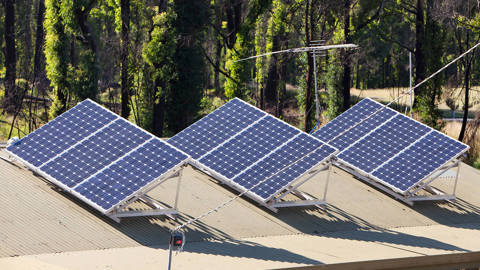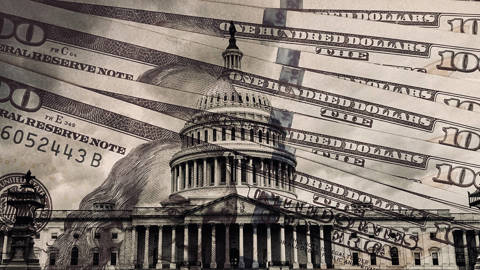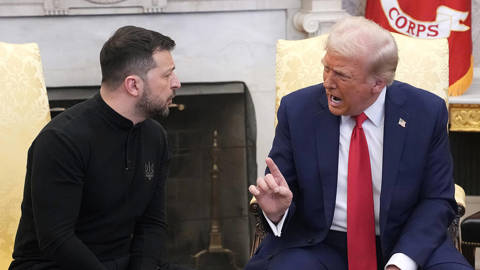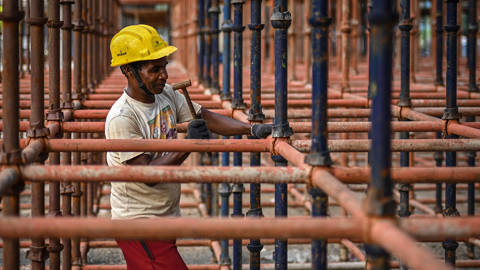Jan Mischke
Jan Mischke is a partner at the McKinsey Global Institute.
-
Strengthening the Global Balance Sheet

Strengthening the Global Balance Sheet
Jun 8, 2023 Olivia White, et al. outline four medium-term scenarios for the world economy, each implying dramatically different outcomes.
-
Addressing Europe’s Corporate Technology Gap

Addressing Europe’s Corporate Technology Gap
May 5, 2022 Jan Mischke & Jurica Novak show why disruptive innovation is crucial to the region’s future competitiveness and prosperity.
-
Productivity After the Pandemic

Productivity After the Pandemic
Apr 20, 2021 Laura Tyson & Jan Mischke argue that crisis-induced supply-side improvement could be jeopardized by demand-side risks.
-
Yes to Affordable Housing in My Backyard
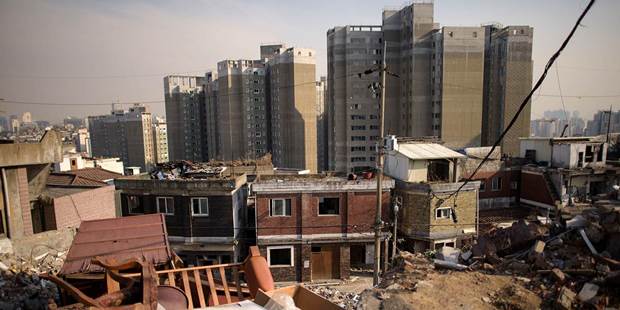
Yes to Affordable Housing in My Backyard
Feb 7, 2018 Jan Mischke says that unless cities take steps to facilitate home building, many will face economic stagnation.
-
Awaiting the Construction Revolution
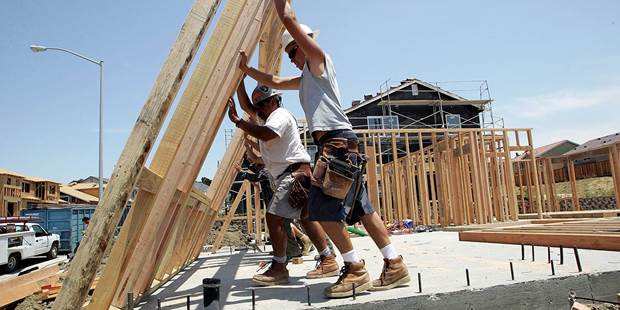
Awaiting the Construction Revolution
Aug 10, 2017 Nick Baveystock & Jan Mischke see an opportunity for a stagnant sector to change its ways and boost its lagging productivity.
